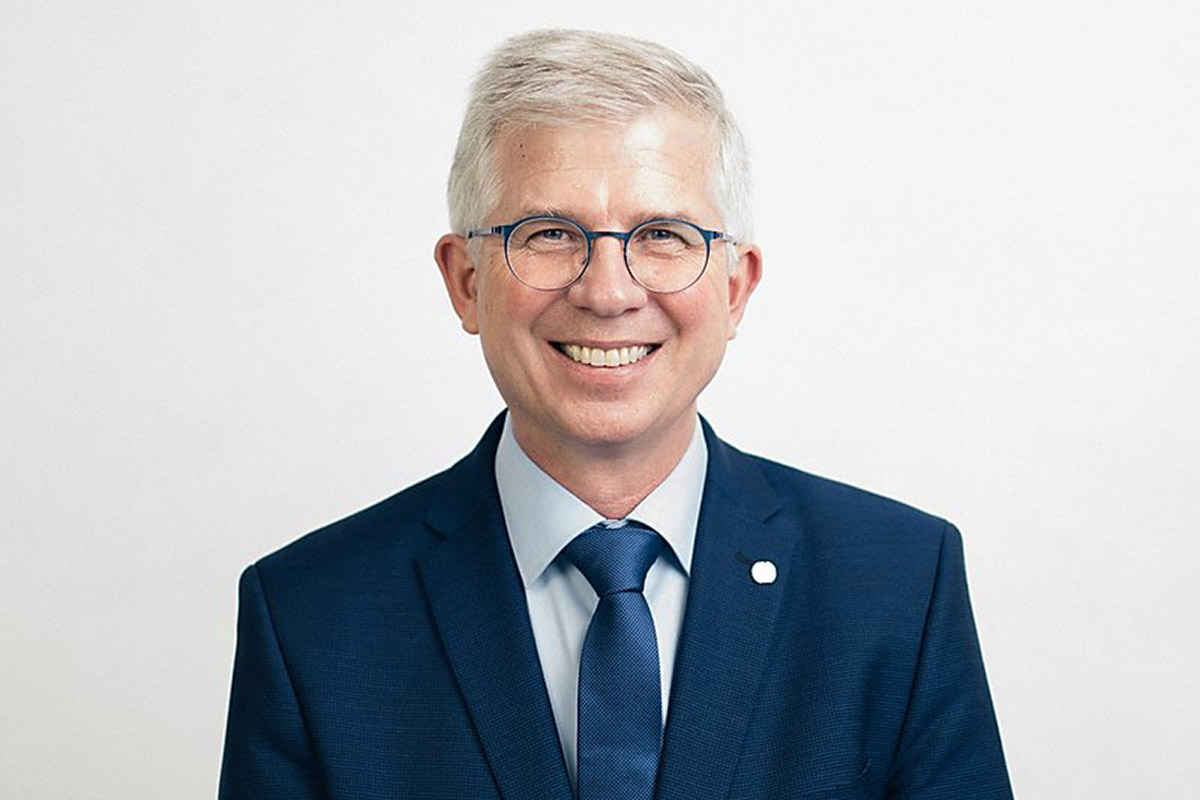The time of Global Health being an issue only related to developing countries has passed. Global Health affects us as citizens, as potential patients and as contributors to better health and wellbeing around the world. In this evermore connected era, we are all responsible for better prevention, preparedness and response in health.
We are now living an historic moment for Global Health governance, funding and planning. The decisions of today will considerably change the landscape of international health management. The change is greatly needed, particularly when reflecting on the COVID-19 pandemic. Despite navigating our way through the pandemic, many things could have been done better.
International Health Regulations (IHR) are so far the only instrument used by the international community to manage so called ‘Public Health Emergencies of International Concern – PHEIC’. This type of legal instrument automatically binds all World Health Organisation (WHO) member states and covers a wide range of health risks. For example, even a dangerous chemical product spill could be considered a PHEIC.
The limited scope of IHRs did not allow them to smoothly mobilise countries during the pandemic. Moreover, IHRs do not cover financing, accountability, transparency, or equity, and IHRs lack the dimensions of prevention and preparedness. All of these factors are crucial to address any kind of health emergencies.
These limitations did not provide the necessary mandate for the WHO to react smoothly and efficiently to the outbreak of COVID-19. The revision of IHR is ongoing and seeks to improve the applicability, reactiveness and efficiency of bodies during the crisis. The revision runs in parallel with and is complementary to the negotiations of another initiative, only focused on pandemics – the International Pandemic Accord.
The understanding that protecting the rest of the world means protecting one’s own populations is still not fully shared, and national priorities continue to be perceived rather narrowly.
The future International Pandemic Accord is set to establish new solidarity and equity tools for pandemic situations. While the expectations for this Agreement were high in 2021, when the World Health Assembly agreed on the need to create such an instrument, today the political momentum is fading away. The negotiators are struggling to advance on several tough issues, such as common but differentiated responsibility, access to medical countermeasures or accountability.
The understanding that protecting the rest of the world means protecting one’s own populations is still not fully shared, and national priorities continue to be perceived rather narrowly.
Trust amongst Member States is also lacking. The obscurity of national positioning and sensitivities contributes to misinformation about the impact of the proposed International Pandemic Accord on people. Countries should take their duty of health literacy and accountability to their citizens seriously. Citizens should be properly informed about the stakes and benefits of the Pandemic Accord as well as the risks of having a weak Agreement. National parliaments should serve as a channel to share this knowledge and provide space for debate. The divisive issue of sovereignty should be positively articulated reminding the authorities about their responsibility to take care of their own citizens.
If the negotiators want to succeed, people should feel part of the debate on the Pandemic Accord and above all, they should be heard. Only by regaining trust and making sure the Accord is adaptable to individual reality will make the Pandemic Accord work. All forums, such as civil society organisations, community centers, the constituencies of members of national parliaments and debates in public space should be used to regularly inform citizens and engage them in the co-creation of the future.
Many important health questions will also be integrated in the UN High Level discussions on Tuberculosis, Universal Health Coverage and Pandemic Prevention Preparedness and Response, taking place on 20-22 September in New York. It is expected that the Declarations following the meetings will set a tone to accomplish pre-agreed goals and highlight transversal issues amongst key topics such as climate change, inclusiveness to decision making processes, and equity. The leaders should flag that the Sustainable Development Goals 2030 can still be achieved and that the ambitious objectives for a better world should not be abandoned. A large turnout of High-Level politicians at the meetings is needed for real impact.
2023 also marks the 75th anniversary of the WHO. Looking back, we can celebrate some humanitarian milestones such as eradication of smallpox, better managed AIDS/HIV or the decrease of the incidence of polio by 99% thanks to the WHO. Even more could be done by providing the WHO with a sustainable and non-earmarked budget, allowing for more autonomy and needs driven financing.
The decisions of today will considerably change the landscape of international health management.
We should consider Global Health financing as an investment to everyone’s wellbeing and protection. Whilst this sector has been historically underfunded, decision makers should continue reflecting on better convergence, synergies and efficient use of the resources.
We acknowledge that today decision makers have difficult choices to make. Key issues of the scope for IHR and the Accord, its financing modalities and instruments, and accountability versus incentives for solidarity are still pending. This key moment also forces us to stop and reflect on which model of healthcare we want to provide and receive, not only during periods of disease outbreaks but also in times of regular health care provision. How will we tackle the interrelated issues of financing, climate, wellbeing and economy? How do we protect our own population and also support the rest of the World?
What is certain is that outbreaks, epidemics and new diseases will continue to arise in the years to come. As the world becomes more interconnected, global health issues that once seemed miles away are increasingly quickly approaching our own doors. Remaining open, including the vulnerable and striving for the greater good should guide decision makers in the search of new models for global health.
Dr Andrew Ullmann, physician by training, full professor of Infectious Diseases, Member of the German Bundestag and chair of the sub-committee on Global Health

Anna Maria Żakowicz, Europe Deputy Bureau Chief and Director of Programs, AIDS Healthcare Foundation Europe

Indre Karciauskaite, Europe Policy Director, AIDS Healthcare Foundation Europe

Sign up to The Parliament's weekly newsletter
Every Friday our editorial team goes behind the headlines to offer insight and analysis on the key stories driving the EU agenda. Subscribe for free here.